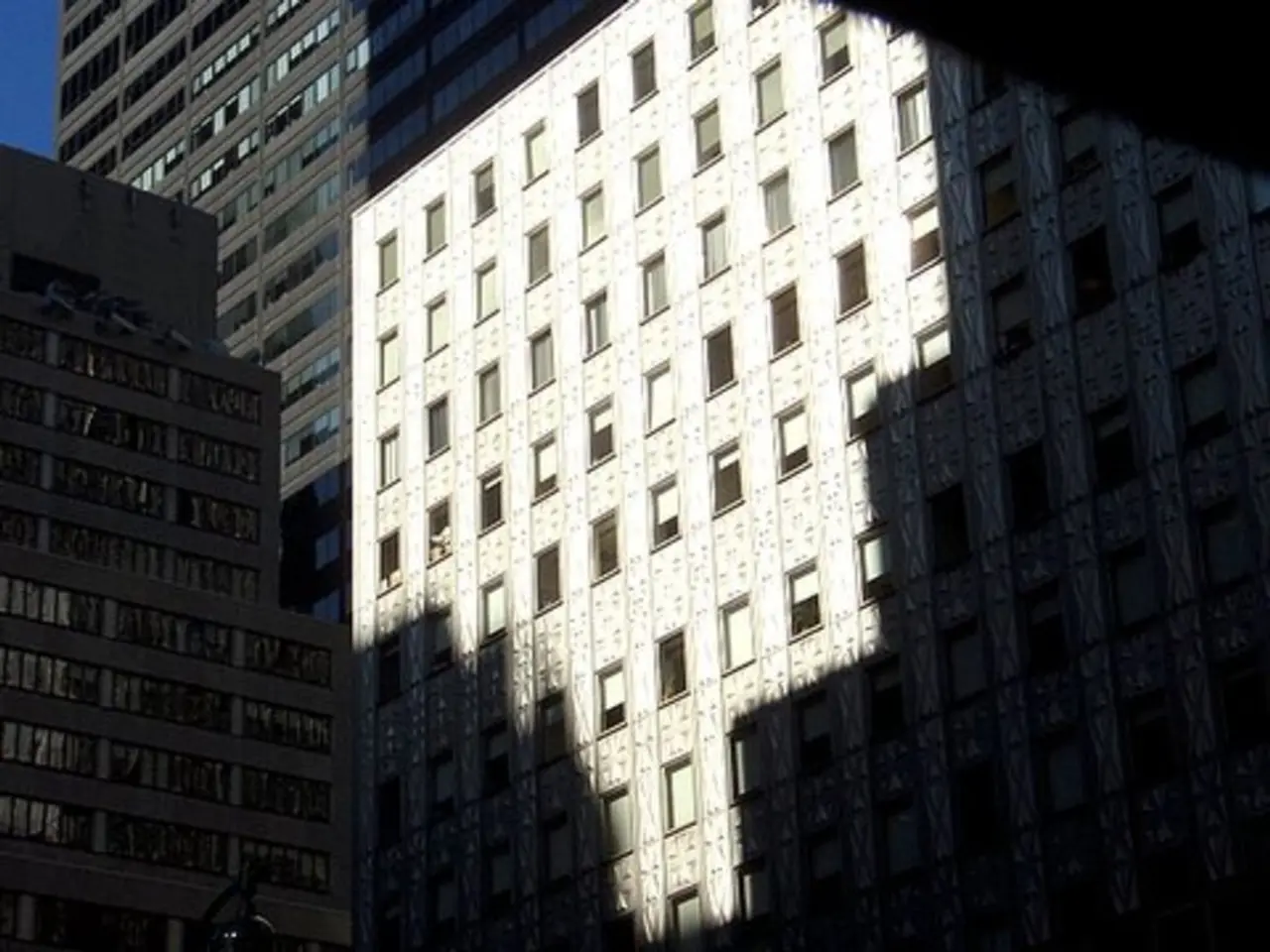Russia’s landmark revival hits snags as Madrid Hotel restoration stalls
Russia aims to restore at least a thousand architectural landmarks by 2030, with private investors playing a significant role. However, recent developments in the Madrid Hotel case highlight challenges in this ambitious plan.
The Madrid Hotel, a cultural heritage site, has been at the centre of a dispute. The tenant, Grand-Madrid, failed to carry out necessary research, surveys, or restoration work over two years, leading the Federal Agency for the Management and Use of Historical and Cultural Monuments (AUPIK) to terminate its lease on December 1.
In 2017, the hotel was leased to the Chinese company China State Construction Engineering Corporation (CSCEC) for 50 years at a symbolic rate of one ruble per year. The plan was to transform it into the Mao Friendship House. However, the company's failure to meet its obligations resulted in the contract's unilateral termination by the owner in 2020.
Former Sverdlovsk Region Governor Yevgeny Kuyvashev proposed transferring the hotel from federal to regional ownership in 2021, suggesting a shift in responsibility for its restoration and management.
Russia's plans to restore architectural landmarks face obstacles, as seen in the Madrid Hotel case. Private investors must meet their obligations, and effective oversight is crucial to ensure these projects succeed. The future of the Madrid Hotel remains uncertain, with its ownership and management in flux.
Read also:
- American teenagers taking up farming roles previously filled by immigrants, a concept revisited from 1965's labor market shift.
- Weekly affairs in the German Federal Parliament (Bundestag)
- Landslide claims seven lives, injures six individuals while they work to restore a water channel in the northern region of Pakistan
- Escalating conflict in Sudan has prompted the United Nations to announce a critical gender crisis, highlighting the disproportionate impact of the ongoing violence on women and girls.




